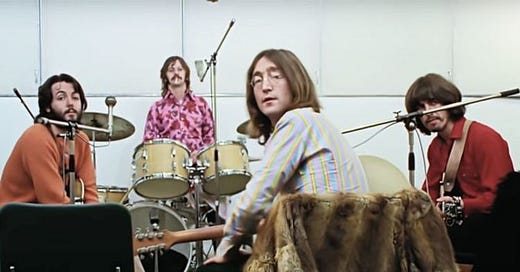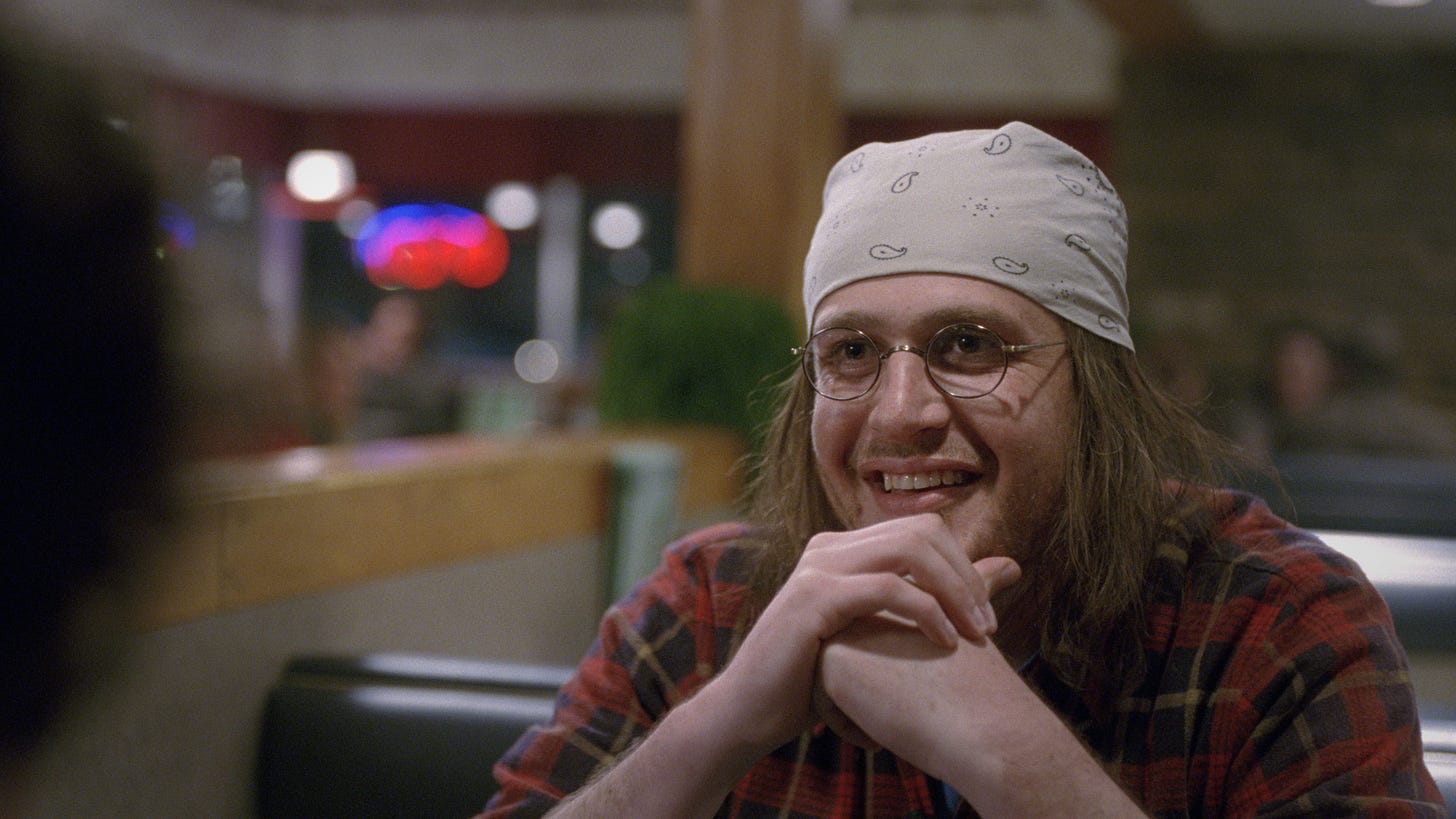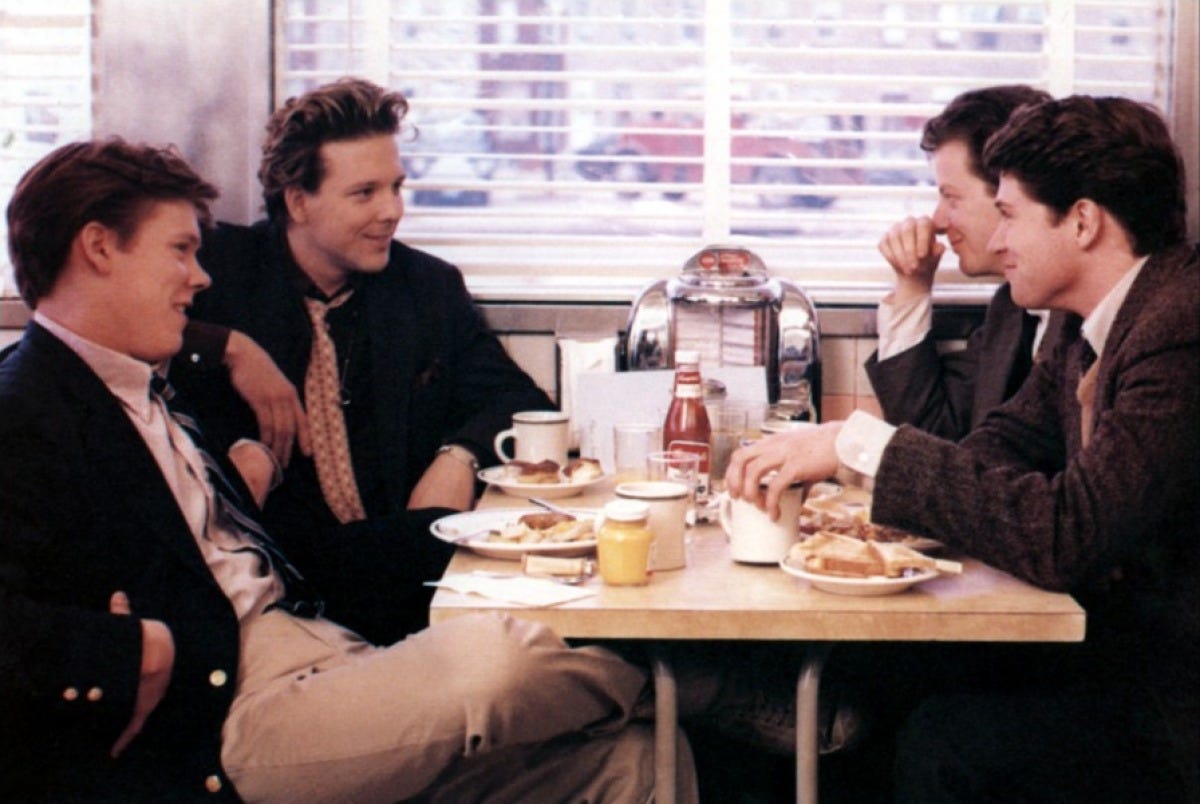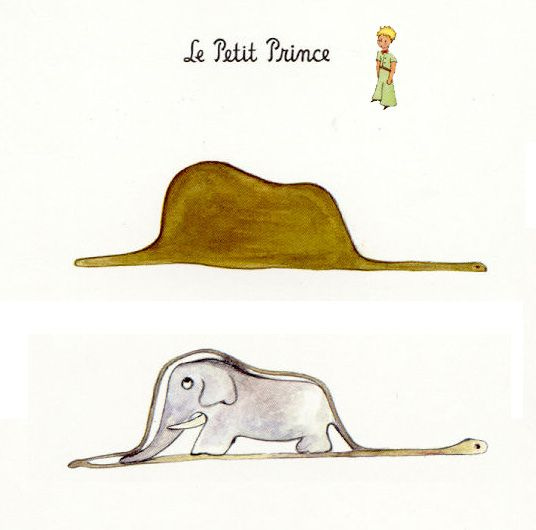Get Back: Turning 30 with The Beatles
Also discussed: Licorice Pizza, boyhood nostalgia, The End of the Novel of Love, the vagaries of "time," hang out movies, Tick, Tick...Boom, Cassavetes, and, of course, Twentysomethings Austin
With everything going on right now, we had no choice but to fend off our existential dread by thinking through how the The Beatles’ doc Get Back is really *drumroll* about us, namely, our turning 30 the day after Christmas…
Joe: I kept asking myself why The Beatles doc made me sad, and then I realized they weren’t even 30 when they filmed it.
Sam: It’s like when it finally dawned on me that I was older than most of the contestants on The Bachelorette. A little part of you dies.
Joe: What’s going on there? I feel like every middle-aged white male podcast host/guest expressed a similar melancholy about it. For me I guess it’s this cliched sense that I haven’t lived—that I haven’t had eight hours in my life that seem as fun or creative or cool or meaningful as those eight hours of the doc. The fly-on-the-wall quality doesn’t help. It’s like: while these four guys are smoking cigs and wearing beautiful fur coats and jamming and then, every so often, coming up with another one of the best songs ever like it's nothing—Paul on the piano playing “Let it Be” while four other conversations go on around him—I'm, well, watching them on my couch.
Sam: We’re nostalgic, too. Obviously there’s the nostalgia of watching the greatest band of all time knowing they were on the verge of breaking up. But there’s also the nostalgia, I think, of boyhood, which is the nostalgia of pretty much all middle-aged men, and which feels particularly relevant seeing as both we—and The Beatles, back then—are on the cusp of turning 30.
Joe: Yeah, you turn 30 and the band breaks up. For most of us that’s figurative—everyone gets married, and there’s no longer that group camaraderie anymore—but for The Beatles in Get Back it’s literal, too.
And so maybe what I’m aching for when I’m watching it is the sense of play they have together, that private language that insulates them from the rest of the world (I’m thinking specifically of that scene when Peter Sellers comes around and he just can’t break through their schtick). To varying degrees, I’d say that all groups of guy friends recreate this. In college my buddy Paul (no relation to McCartney)—
Sam: I think that was a given.
Joe: —would just start using all these words and phrases, over and over again, evolving them, like a caveman who’d just taken a bong rip: hoss, noss, nostradamus, etc. At first we would all tell him to shut the fuck up, but then he’d keep saying it, and we’d start saying it ironically, and laugh, and then we’d end all end up saying it so much that we no longer knew if it was ironic or not anymore, as everything out of our mouths became variations on, “I’m a hoss, you’re a noss” and on and on.
Sam: It’s like the stoned, untalented Jewish guy version of playing a song over and over.
Joe: Yet particularly in a moment where hardly anything is latent anymore, where we (rightly, I suppose) encourage people to share their darkest whatevers all the time, there's something beautiful in leaving certain things unsaid. In some ways, that's just the principle of drama, and thus the drama of our lives, and perhaps even Get Back, shot through as it is with what seems like typical British avoidance: the tension of the unspoken, the knowledge of how much we love our male friends without having to express it.
Sam: I suppose there is some typical British avoidance in Get Back, but what resonated with me more as just, like, a dude, was the temperate nature of their confrontations. There’s that unforgettable audio of John and Paul discussing whether or how to replace George, which unravels into a back-and-forth about their own dynamic. The conversation is remarkable to me not only for its content, but for the rather tossed-off way John and Paul talk to each other about really serious, deep topics—namely, the basis of their friendship and their roles in the band.
Joe: I love Paul’s refrain about how they’ll all be laughing about this when they’re older. It’s like: yes. But also: if you only knew…
Sam: Yeah, you watch the scene with a mixture of incredulity and familiarity: incredulity because it’s the freakin’ Beatles, but familiarity because I feel like I relate to my close male friends the same way. That is, we can be discussing something pretty close-to-the-bone as flippantly as we talk about poop or cum.
Joe: Or tuna sandwiches.
Sam: Or tuna sandwiches.
Joe: It’s the running joke we make with some of our friends before a big night of drinking: “If I died right now, would you guys still go out?” The answer is always yes.
Sam: Relatedly, it’s fun to think of Get Back in the category of the great dude Hang Out movies: Kicking and Screaming (1995), Diner, Dazed and Confused/Everybody Wants Some!!, to some extent American Pie. In all these movies, the unidirectional realities of “life” (careers, ambitions, intimate relationships, “the next step”) threaten to pop the bubble of the “band,” which had heretofore existed, in some sense, outside of time.
There’s the quiet loner type who’s aching to do his own thing (George); the goofy stoner supporting character who just likes to party (Ringo); the quarterback who falls in love with the artsy girl and now wants “something more” (John); and the Paul—the one guy who really just doesn’t want anything to end.
Joe: What’s sad about it for guys—what lends those movies their drama—is that they never get the “band” back together, again. There’s data on this.
Sam: “There’s data on this,” he remarks coolly…
Joe: When men get married, they rely on women for socialization/friendships way more than women rely on men. Which for us might seem unusual, seeing as most of our guy friends now would say they have more friends than their partners.
Sam: Weird flex.
Joe: The reversal also reflects the difference between men and women and the ways in which they interact with one another (traditionally speaking). As Jessie S., resident woman/my girlfriend/first-reader-of-this-Substack, tells me:
It’s the collective nostalgia that lets boys play with each other this way; the language, the patter, is essentially memory-seeking. Girls, on the other hand, are looking forward to marriage from the time we’re old enough to be aware of boys, and so our talk is essentially anticipatory, and therefore supportive, drawing on the language of therapy and empowerment, which is its own form of play.
I’d add, I think, that while both can be competitive, guys compete over made up shit, which is maybe why we love teams so much.
Sam: The difference she highlights—the vexing phrase “Ok, Boomer” comes to mind—shows up in the movies, too. Unlike rom-coms, which have typically been written for women and tend to be about greeting the future, the kind of male Hang Out movie we’re talking about revolves around the relationships preceding romantic obligation and saying goodbye to the past. They’re always kind of about the end of something: the end of high school, the end of college, the end of the tour…
Joe: The End of the Tour (2015)
Sam: …which is really just to say the end of boyhood and the start of…marriage.
Joe: I knew you’d find a way to connect The Bachelorette to an 8-hour documentary about the greatest rock band of all time.
Sam: I mean, as your girlfriend Jessie S. implied…aren’t we really just talking about marriage plots? Diner ends with Eddie, who has been wavering about his engagement the whole movie, ultimately marrying his fiancé; American Pie, the trilogy at least, ends with Jim's nuptials in American Wedding; hovering over Get Back, of course, is the presence of the some-might-say spiritual marriage of John and Yoko—embodied by her near-spectral presence in the film, silent, knitting, assured, self-possessed, possessive—which ultimately fractures the (homosocial) songwriting marriage—
Joe: Anyone with “homosocial songwriting marriage” on your bingo card…
Sam:—between Lennon and McCartney. Thing is, we know that marriage plots were traditionally intended to provide resolution and closure—like they do in rom-coms. But what purpose do they serve in the more “masculine” films we’re talking about here? How do the differences show up?
Joe: I think it has to do with this notion of surface, the idea of men traditionally dealing in exteriors—see: the aimless chatter in Diner, the fratty horseplay and gamesmanship in Everybody Wants Some!!, the jamming in a film like Get Back—and women dealing in interiors, particularly with regards to the 19th century novels founded on female interiority.
Vivian Gornick elaborates on this dichotomy in The End of the Novel of Love, identifying the paralysis of action female protagonists face as they struggle to both love and own their own souls; to understand, as she puts it, this fundamental question of, “Where is the world? Without or within?”:
They say they want a real life, but they do not mean what they say. They do not understand that to have a life one must act, consciously or deliberately, on one's own integrated behalf.
Men, by contrast, live by the force of will and the physical world: speaking of the archetypal son, she writes,
He wants the world, and if he must tear flesh and maim spirit to get it, so be it. Life is born out of force and denial at the hands of one's intimates. This is knowledge to be taken in manfully. In fact, the taking in of this knowledge is precisely what has always been called manful.
In broad strokes, one might articulate it this way: for men, the tragedy driving these plots is in what they do (to themselves and others) but cannot say; for women, the tragedy is in what they think but cannot do; or, put another way, in what they are—historically speaking—only able to think (or express through writing).
Sam: So what you’re saying is men don’t have mature inner lives, at least not that they can admit to themselves. And that this is both a blessing and a curse.
Joe: Or, as Jessie S. put it (more bluntly and intelligently than we could): The Beatles doc makes men sad because your marriage plot is fame.
Sam: Haha. (Kill me.)
Joe: Should we lighten it up? Didn’t you want to talk about Licorice Pizza?
Sam: Yeah, I did. As a contemporary hang out-ish movie with both a male and female protagonist, I think it serves as an interesting inversion of what we just discussed.
Joe: “Invert me.”
Sam: When the film begins, you think it's this rollicking, episodic coming-of-age story about a precocious 15-year-old, Gary, who falls in love with a twentysomething valley girl, Alana. But while Gary is confident, assertive, ambitious, enterprising—for lack of a better word, adult—Alana, is, by contrast, still living with her parents, clueless about her career prospects, and prone to juvenile fits of pettiness and spite.
Joe: Haim, baby!
Sam: Gary wants to be older so he can qualify as an eligible lover for Alana; Alana, in many ways, wants to be younger in order to justify her feelings for Gary, but also perhaps to see the world through Gary’s eyes.
Joe: Apropos this Substack and only this Substack, Gary wants to live out the traditional marriage plot, whereas Alana just wants to hang out and playact adolescence as long as possible.
Sam: When Gary and Alana finally kiss at the end, surrounded by teenagers, PTA flips the coming-of-age movie on its head: cowed by the realities of adulthood—dramatized through her involvement with a closeted mayoral candidate and his embittered partner—Alana instead seeks refuge in youth.
Joe: Her story becomes a messy yet fitting (yes) inversion of Gary’s.
Sam: Yeah. Maybe what I’m trying to say is Licorice Pizza really feels like a movie about the intractabilities of time, manifest in the frequent shots of the two protagonists running through the valley, breathlessly chasing after each other—or better yet, the image of Gary and Alana chugging up the hill in a moving truck, only to run out of gas and navigate back down in neutral.
Joe: Time really is a flat circle…
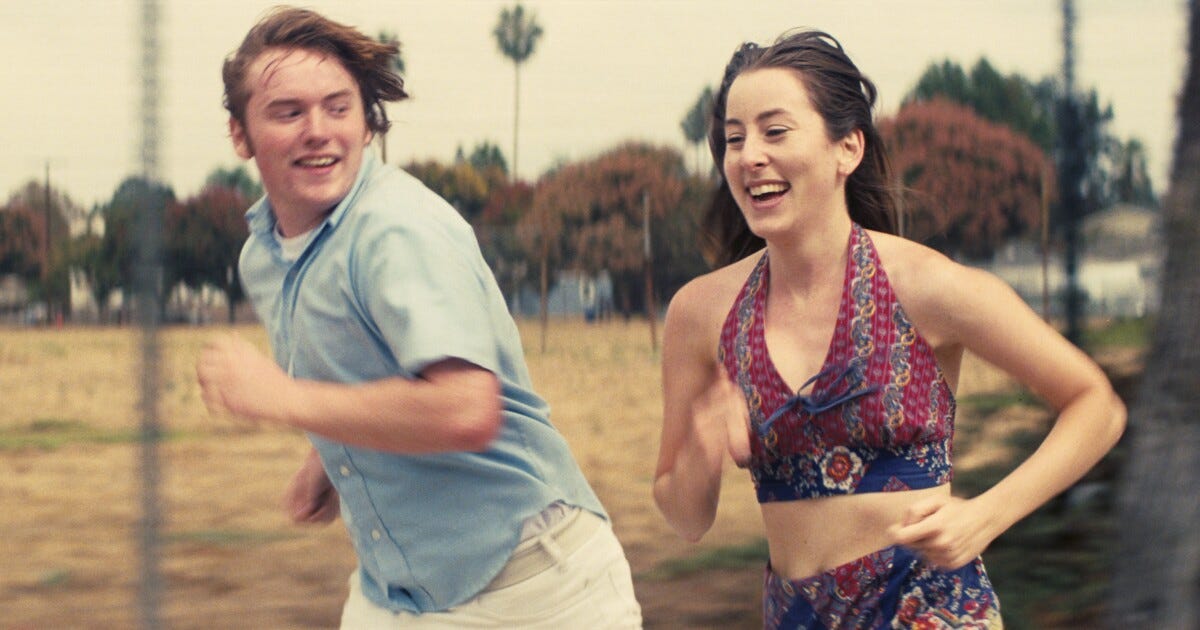
Sam: I read this novel recently, which comes out next year—
Joe: (The title of which Sam cannot supply, for fear of getting a certain book publicist in trouble. Let’s just say he called the author “the next Ben Lerner.”)
Sam: (It’s called The Red Arrow, by William Brewer.)
Joe: (Ah.)
Sam: —whose central theme (as I understood it) was that time (as we understand it) does not exist: it's simply a function of memory and anticipation. That's kind of what the ending of Licorice Pizza feels like—and it's kind of what turning 30 feels like, too, where we're at this hinge (a collapsed present) between striving to be an adult (anticipation) and wanting to crawl back to the comfort of adolescence (memory).
Joe: But what happens next? I feel like once the marriage plot is over, there’s nothing (in the literary sense) standing between you and death, save for kids and midlife crises. Have you seen that Cassevetes movie, Husbands?
Sam: *desperately searches Letterbox, comes up empty* No…
Joe: It’s this movie about three middle-aged guys whose friend dies. After the funeral they leave Long Island for the city, where they play basketball, enter some random singing competition, and vomit in the bar bathroom. In the morning, they go home, where one of the guys hits his wife—and his wife’s mom?—before taking his passport and flying to London with the other two guys, where they get a hotel room and awkwardly try to fuck three younger women.
It's an incredible and exhausting movie to watch (two adjectives I’d also apply to Get Back and Licorice Pizza).
Sam: There’s a point in every Cassavetes movie when I ask myself: “When are these guys just gonna go to bed?”
Joe: This one especially is less like a movie and more like noise music, or dance, but a sloppy, violent, male dance where everyone seems to be constantly bumping into everyone—they don’t talk to each other, but bruise one another, according to Richard Brody in this clip—like balloons slowly deflating and spasming before they shrivel into nothingness. Maybe this is the hangover of the Hang Out movie—the tragic excess of “manful” exteriority.
Sam: There’s an interesting ocean-crossing parallel there with The Beatles—
Joe: Epic transition, epic inversion—
Sam: —who, a few years before Husbands came out, went to America (to come-of-age, so to speak?) with similarly disastrous results. Reading about their tours here, and how they ultimately forced them to stop playing live altogether—because of the violence of the crowds, over whom no one could hear the music; because of the death threats that followed John saying The Beatles were more popular than God—one sees them approaching this end-of-innocence moment, where their fame overtakes their music, where they become a globalized post-war product for teen girls instead of a rock n' roll band from Liverpool.
Joe: It’s dare-I-say akin to Marx’s—
Sam: Don’t—
Joe: —theory of alienation, where the worker is alienated from his product.
Sam: What would Marx say about Emily in Paris, episodes of which have been directed by the only Cassavetes that matters anymore? (Don’t answer that.)
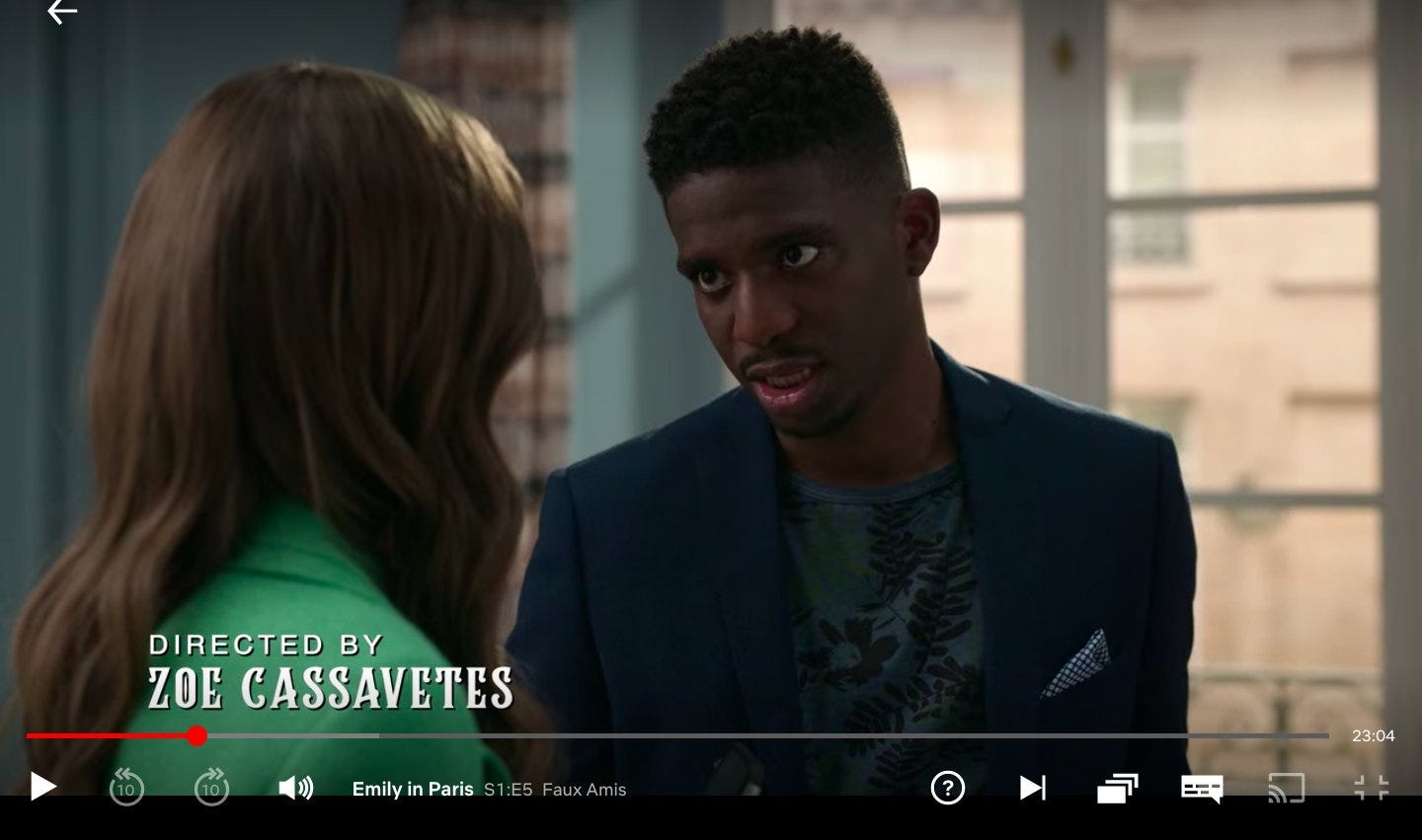
Joe: Ultimately, it’s The Beatles’ experience venturing out to America that sends them back into the studio, the music, and, with the help of excessive amounts of drugs, themselves. Subsequently, Get Back is partly about getting back to the world, but some of the indecision in the doc—all the not knowing what to do, whether to film in Tripoli (no, it's not British enough...) or make a movie or TV special or what—seems to suggest that they can't get back again, they've outgrown the world as a band and must go on as individuals.
There's something so rich, then, about them playing on the rooftop: it's at once elitist and egalitarian, powerful and weak (how loud is the sound, anyway?), rebellious and tame (they wanted the police to come, thinking it'd make a better movie), liberating and totally contained—all by their own success. And this, too, seems utterly "turning 30" to me: you're tired of leaving home, you're nostalgic for being a kid, and yet you can't recapture it, all you can do is perform it. It's not wild anymore, it's just wildness in a box.
Sam: In a way, you can only be truly purely wild as a kid. When you have success—when you tour America—you’re no longer a kid. When you don’t have success (like us) you create productive delusions instead, which is just another way of saying you act like a kid.
This gets me thinking about another kind of coming-of-age movie I liked this year: Tick, Tick...Boom, a stirring adaptation of Jonathan Larson's semi-autobiographical rock monologue, documenting a composer named Jon’s failure to get his first musical produced as he approaches his 30th birthday. The movie makes plain, particularly in the song “Boho Days,” all the ways we push off adulthood in order to pursue an artistic endeavor, what with the happy squalor of Jon’s apartment, his childlike attitude and verve, and his unwillingness to leave New York with his girlfriend, not to mention a strident refusal to pick up freelance work at his friend’s advertising firm.
I’m not a musical theater guy, but Tick, Tick…Boom resonated with me, not least because I’ve already quote-unquote “sold out” (whatever that means these days). We always talk about how writing a novel requires sustaining a delusion, particularly about your own exceptionality. But part of sustaining a delusion, when you haven't had any material success, is steadfastly refusing to grow up, take the job, be an adult. If we think of 30 as a kind of hinge between youth and maturity, it's no wonder that, as wannabe writers, we feel this need to cling to the past, when the notion of being exceptional was still protected by ignorance and an absence of failure, when our grand ambitions had yet to curdle into what have begun to feel like small embarrassments.
Joe: Speaking of small embarrassments…subscribe to this Substack?
Sam: I was a little drunk the other night and trying to describe to Shea why exactly I was sad about turning 30. Because it’s not like I want to go back to being 18 or 25, and I’m genuinely grateful and looking forward to everything my 30s will bring. I don’t miss my twenties so much as I’m sad that they’re gone—sad for the simple yet irrefutable fact that time passes and you don’t get it back.
I know we both binged that new Netflix series, Twentysomethings Austin. As someone exiting their 20s, a sense of calm washed over me as I watched these hot guys and girls stumble through job interviews and comedy sets, bad Hinge dates and awkward situationships. What a relief to not be 23 and single!
But I experienced another feeling, too—something that can only be described as secondhand glee. A contact high from the unmarred excitement of the twentysomethings in the cast. For maybe it’s what this excitement contains that we long for the most, now and always: the ecstatic fear of not knowing what will happen next.

